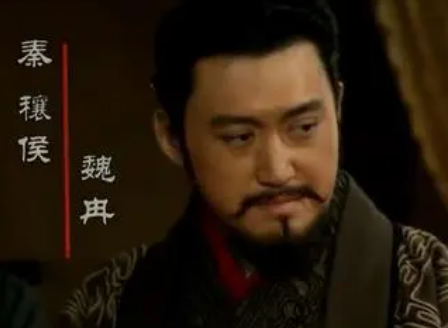In the long history of China, Guo Wei's name is not prominent, but his life is full of legendary colors. He was an important figure during the Five Dynasties and Ten Kingdoms period, and his life was full of wars and intrigues. However, his decision to pass the throne to the non-blood relative Chai Rong still puzzles people today. So, why did Guo Wei, who had worked so hard to gain the world, choose to pass it on to the non-blood relative Chai Rong?

First, we need to clarify that Guo Wei did not have a son. His legitimate children were unable to inherit his talent and courage, and due to their young age and lack of experience, they were unable to shoulder the responsibility of governing the country. Under these circumstances, Guo Wei chose Chai Rong, his adopted son, as his successor.
Chai Rong was Guo Wei's adopted son, but Guo Wei's love and attention for him were no less than for his legitimate children. Chai Rong was intelligent and had outstanding political and military talents, which deeply pleased Guo Wei. What Guo Wei saw in Chai Rong was his ability and potential. He believed that only Chai Rong could continue his political career and stabilize the power of the later Zhou dynasty.
In addition, Guo Wei's decision to pass the throne to his adopted son also reflected his personal charm and noble sentiment. He was not bound by family ties, but put the interests of the country first, which was very rare in the social environment of that time. His such decision undoubtedly won the respect and admiration of the people.
Overall, Guo Wei did not have a son, so he chose Chai Rong, his adopted son, as his successor. This was because he saw Chai Rong's abilities and potential, believing that only Chai Rong could continue his political career and stabilize the power of the later Zhou dynasty. His such decision also fully demonstrated his personal charm and noble sentiment.
Disclaimer: The above content is sourced from the internet and the copyright belongs to the original author. If there is any infringement of your original copyright, please inform us and we will delete the relevant content as soon as possible.
































